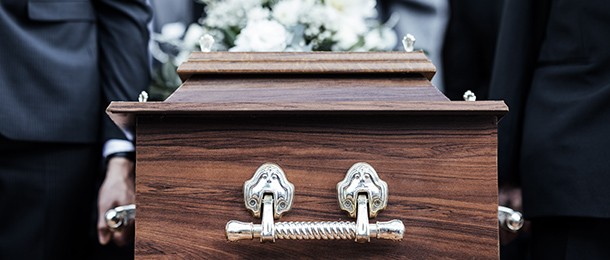A senior technical SMSF executive has confirmed the pension of a deceased member can be paid out to their spouse as a pension even though there was no reversionary instruction or binding death benefit nomination associated with it.
“This is allowable because we’re simply adhering to the compulsory cashing requirement. The member has died, we’ve got to pay the death benefit, we can do it by lump sum or pension and it’s to a spouse and a spouse is a valid recipient of a death benefit pension,” Accurium head of education Mark Ellem told TechHub webinar attendees today.
Ellem pointed out practitioners and their clients need to check the SMSF trust deed to ensure this course of action is able to be taken because the circumstances will see the trustees having to use their discretionary powers.
“So [you need to] refer to the trust deed for any rules that are required to be followed, keeping in mind cases like re Marsella, [to] ensure discretion is exercised in good faith and due care and consideration [have been exercised],” he said.
“So we’ve got to document all of that.”
He also took the opportunity to remind advisers should this circumstance arise there are immediate transfer balance account implications for the death benefit recipient.
“That’s going to be the commencement of a retirement-phase pension and that’s going to be a credit that arises in the surviving spouse’s transfer balance account on the date the death benefit is commenced,” he noted.
“There is no 12-month deferral for the transfer balance account credit because [the death benefit payment has not been made] via a reversionary pension.”
To this end, he noted if the death benefit pension exceeds the surviving spouse’s personal transfer balance cap, the amount above the recipient’s limit will have to be paid as a lump sum and exited from the superannuation system.




